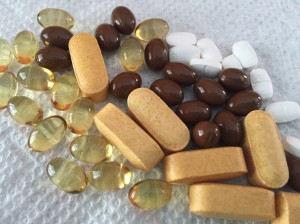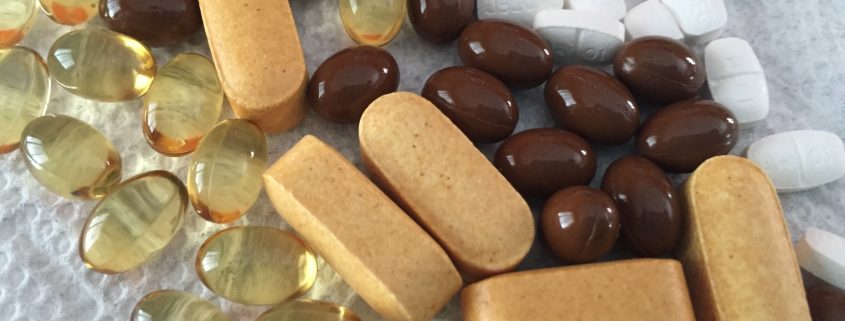Think Twice Before “Supplementing” Your Health
 The processing, manufacturing and selling of dietary supplements have yielded a billion dollar industry, and it is no surprise that dietary supplements are currently in high demand. People spend countless dollars on supplements they believe are improving their health, but how can you be certain about the ingredients that are in those little pills you swear by?
The processing, manufacturing and selling of dietary supplements have yielded a billion dollar industry, and it is no surprise that dietary supplements are currently in high demand. People spend countless dollars on supplements they believe are improving their health, but how can you be certain about the ingredients that are in those little pills you swear by?
The answer is that you can’t. On February 3rd, 2015 the New York attorney general cited 4 major national retailers for selling herbal supplements that aren’t what they claim to be, and demanded that those products be removed from their shelves.
DNA barcoding discovered that 79% of the herbal supplements under investigation either did not contain ingredients listed on the label or contained filler ingredients such as rice and wheat, which are popular food allergens, not listed on the labels. The investigation found that one of the store brands of ginseng pills that claim to improve physical endurance and vitality contained only powdered garlic and rice. Gingko biloba, a Chinese plant said to enhance memory, contained powdered radish and houseplants. Even more alarming is that this supplement contained wheat, despite its “wheat-free, gluten-free” label. Similarly, Saint John’s Wort, an herbal plant used for its medicinal properties, and valerian root, a sleep aid, was also found to not contain herbs claimed on their label.
As of now, all four supplements are being removed from the shelves of these national retailers, but this discovery is a vital learning lesson if you are a frequent buyer of dietary supplements. Supplements are not regulated by the FDA in the same way food and medical drugs are. It is not required that dietary supplements get FDA approval prior to being marketed and sold. Instead, it is the manufacturer’s responsibility to determine if their product is safe and that the claims it makes are supported by scientific evidence to show that they are not false or misleading. So, it is up to you, the consumer, if you want to put your trust in the manufacturer to provide honest information about their supplement.
As a rule of thumb, it is best to get your vitamins and minerals through food. Certainly there are times when one requires supplementation, but I don’t believe in taking a laundry list of supplements that aren’t needed. And, of course, be careful what herbal supplements you are taking. Oftentimes, an herb might be contraindicated based on your prescription medication regimen, so always discuss with your pharmacist and physician before starting any supplement.
Keep in mind, if you are searching for a dietary herbal supplement to promote weight loss or enhance your appearance you may want to think twice before you spend your money. There is no such thing as a miracle supplement to make you look younger or thinner. Instead, focus on increasing your intake of fresh fruits and vegetables to get all of the vitamin and mineral power your body needs!


Leave a Reply
Want to join the discussion?Feel free to contribute!